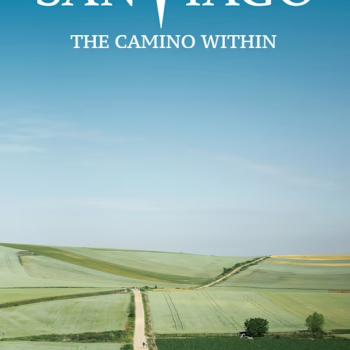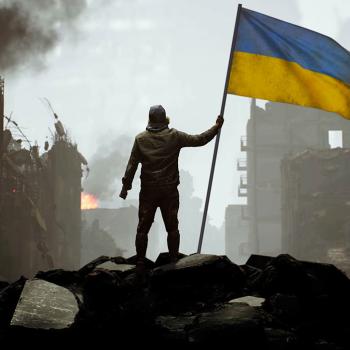
If you ask director and filmmaker Richard Ray Perez if the story of Cesar Chavez chose him or if he chose to tell Chavez’s story, he would say both.
Following the screening of his new film, “Cesar’s Last Fast,” at the Los Angeles Religious Education Congress Film Showcase March 14, he told the audience that when he was 5 years old in the late 1960s, he first became aware of the table grape boycott while eating lunch at Head Start.
Perez came from a family of migrant workers, but it was a college student who one day began to pick out the grapes in the fruit cocktail. When the children asked, “Why?” the student explained that the people who worked to pick the grapes were treated very badly, so he was not going to eat what hurt people. Perez said that the fruit became very ugly to him and his classmates. They all began to pluck them out.
Years later, he became interested in making a film about Chavez, but other people were already in the process of doing so. One day, he received a call from Lorena Parlee (1945-2006), who had been Chavez’s press secretary during his 36-day fast in 1988. Parlee said she was looking for a collaborator. She was undergoing treatment for breast cancer and could only work two days a week. Perez was interested but needed six months to complete another project first. “Call me if you don’t find someone by then,” he told her.
Several months had passed when a family member called to tell Perez that Parlee had died of breast cancer and had left a note that her family should contact him to complete the documentary. The film premiered this past January at the Sundance Film Festival.
“Cesar’s Last Fast” is a moving account of the life and spirit of Chavez (1927-93), who, along with Dolores Huerta and others, founded the United Farm Workers union in California in 1962. The film frames Chavez’s life story with the 36 days of his water-only fast during the summer of 1988 to protest the use of pesticides. He was 60 years old at the time.
This was not Cesar’s first fast. His 1968 fast is also well-documented. It showed union members and farm laborers that nonviolence was …. CLICK HERE to continue reading at the National Catholic Reporter











